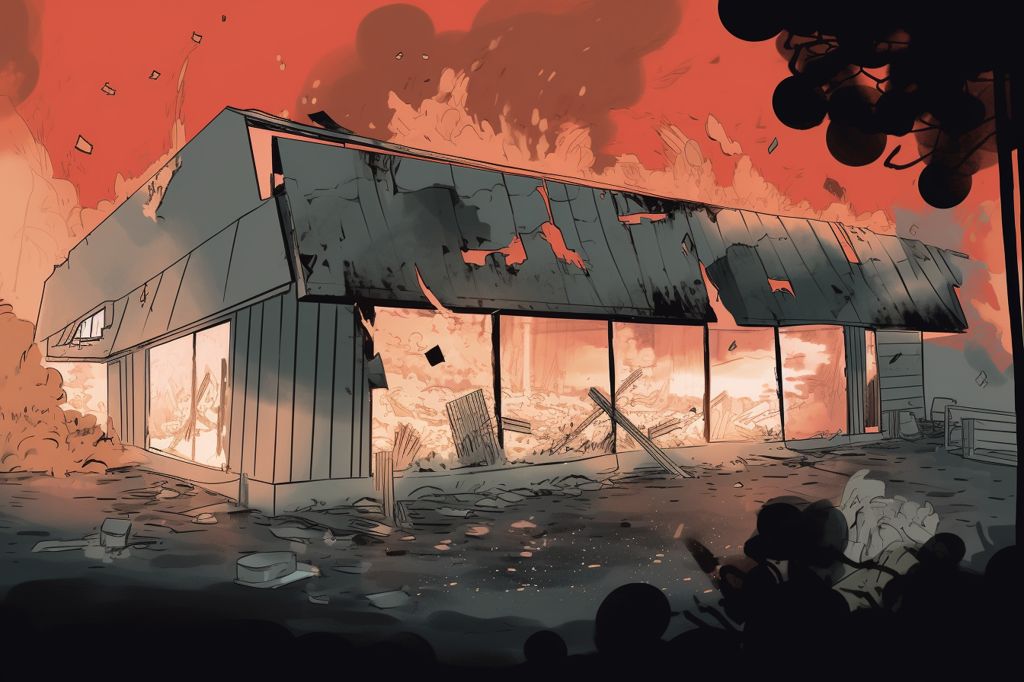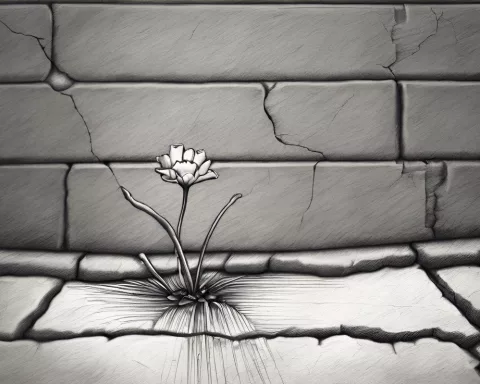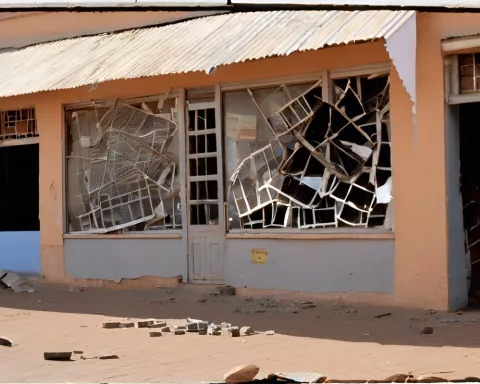The recent incidents of violent disruptions, arson, vandalism, and intimidation at the Cape Peninsula University of Technology (CPUT) and the University of the Western Cape have raised concerns amongst university communities and the public. In response, Dr Blade Nzimande, the Minister of Higher Education, Science, and Innovation, has expressed his strong condemnation of these criminal acts.
Government’s Stance on Threats to Lives and Property Destruction
Nzimande emphasized that the government would not tolerate threats to lives and property destruction, urging university management to implement security measures across all campuses. He stressed that arson, vandalism, and intimidation could never be considered legitimate forms of protest, and called for condemnation from everyone, including student leaders.
Collaborative Efforts to Expose the Perpetrators
Nzimande has urged both universities to collaborate with law enforcement agencies in identifying and exposing the perpetrators of these criminal acts. This approach highlights the need for cooperation between institutions and law enforcement to effectively address the issue.
Initiatives to Address Grievances and Foster Dialogue
The Department of Higher Education and Training, in partnership with the National Student Financial Aid Scheme (NSFAS), has initiated consultations with various university stakeholders, such as the Student Representative Council, to resolve the current impasse by addressing grievances and fostering dialogue between parties. This approach demonstrates the government’s commitment to addressing the issues while keeping the best interests of students, staff, and other stakeholders in mind.
Encouraging Participation and Constructive Dialogue
Nzimande called for calm during these trying times and encouraged all stakeholders to participate actively in the ongoing consultation processes. He emphasized the importance of maintaining an open and constructive dialogue in order to find sustainable solutions to the challenges faced by higher education institutions in South Africa.
Moving Forward
Nzimande stated that he would be awaiting a full report from these consultations to assess the situation and determine the best course of action moving forward. The ongoing consultations and collaborative efforts between various parties serve as a testament to the determination of all involved parties to resolve these challenges and create a better future for higher education in South Africa.
In conclusion, the recent acts of arson and vandalism at South African universities have sparked serious concerns and prompted swift action from the government, university management, and law enforcement. It is crucial for all stakeholders to work together in addressing these issues, fostering a safe and secure environment for students and staff, and ensuring that the right to peaceful protest is upheld.












